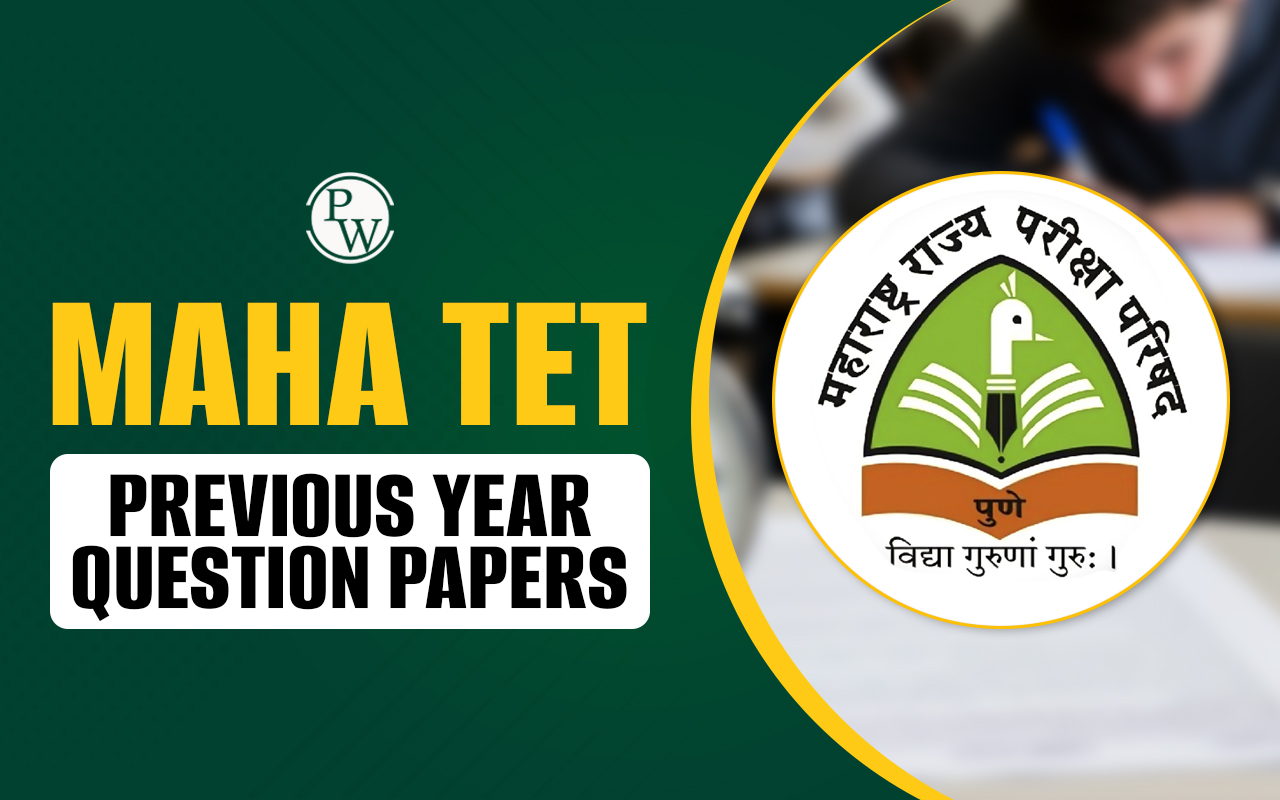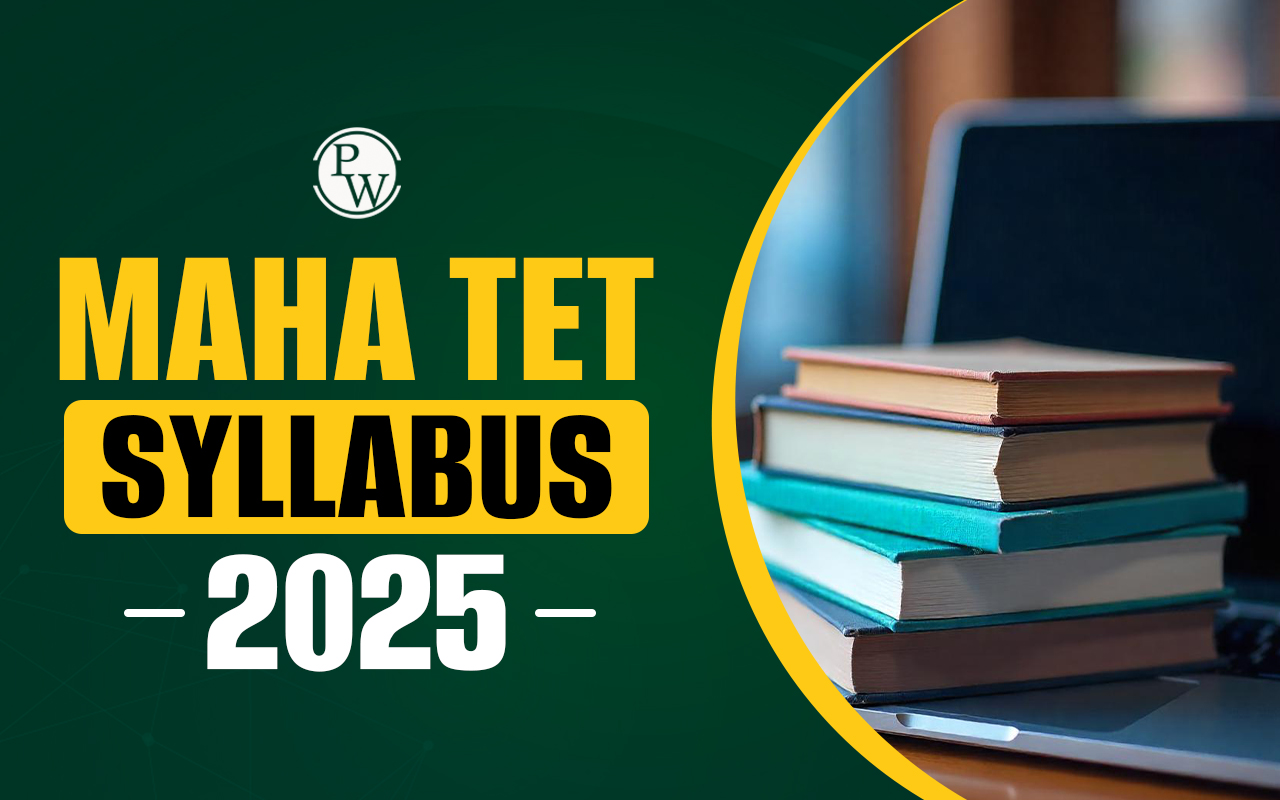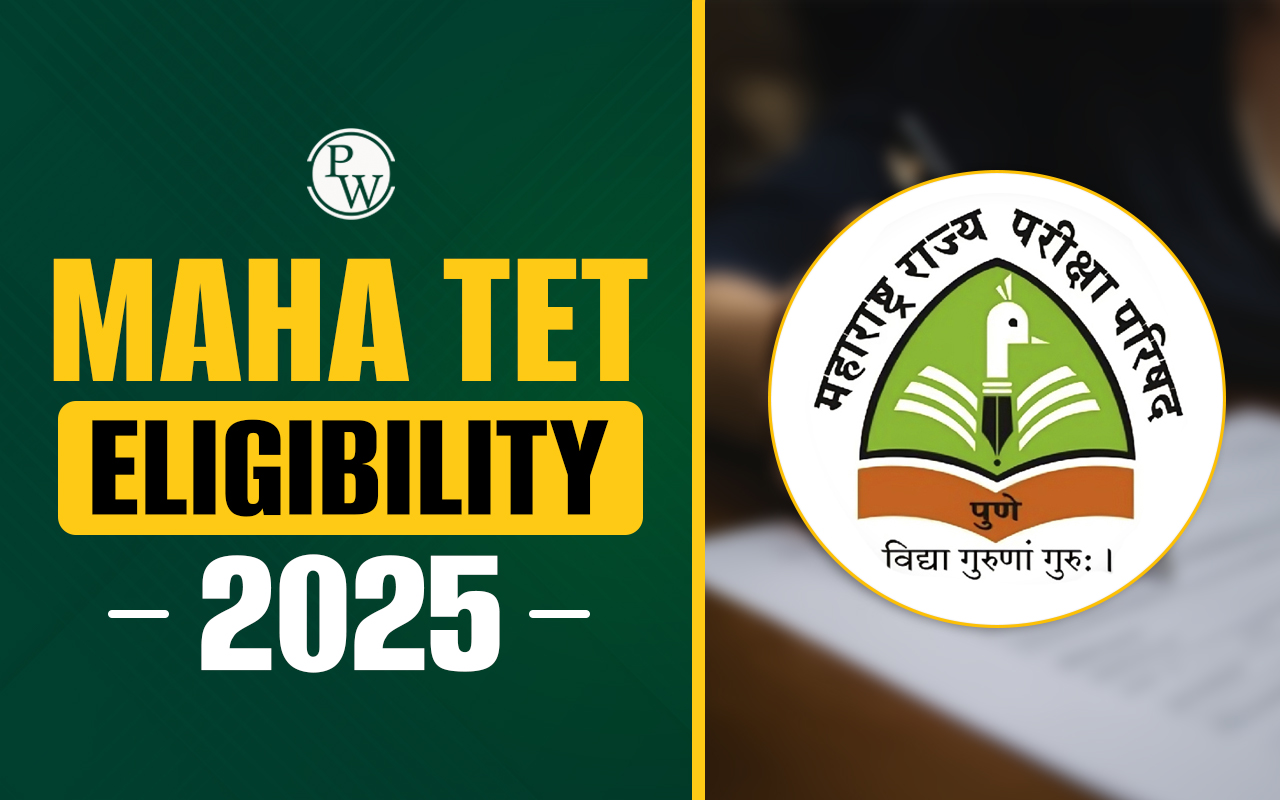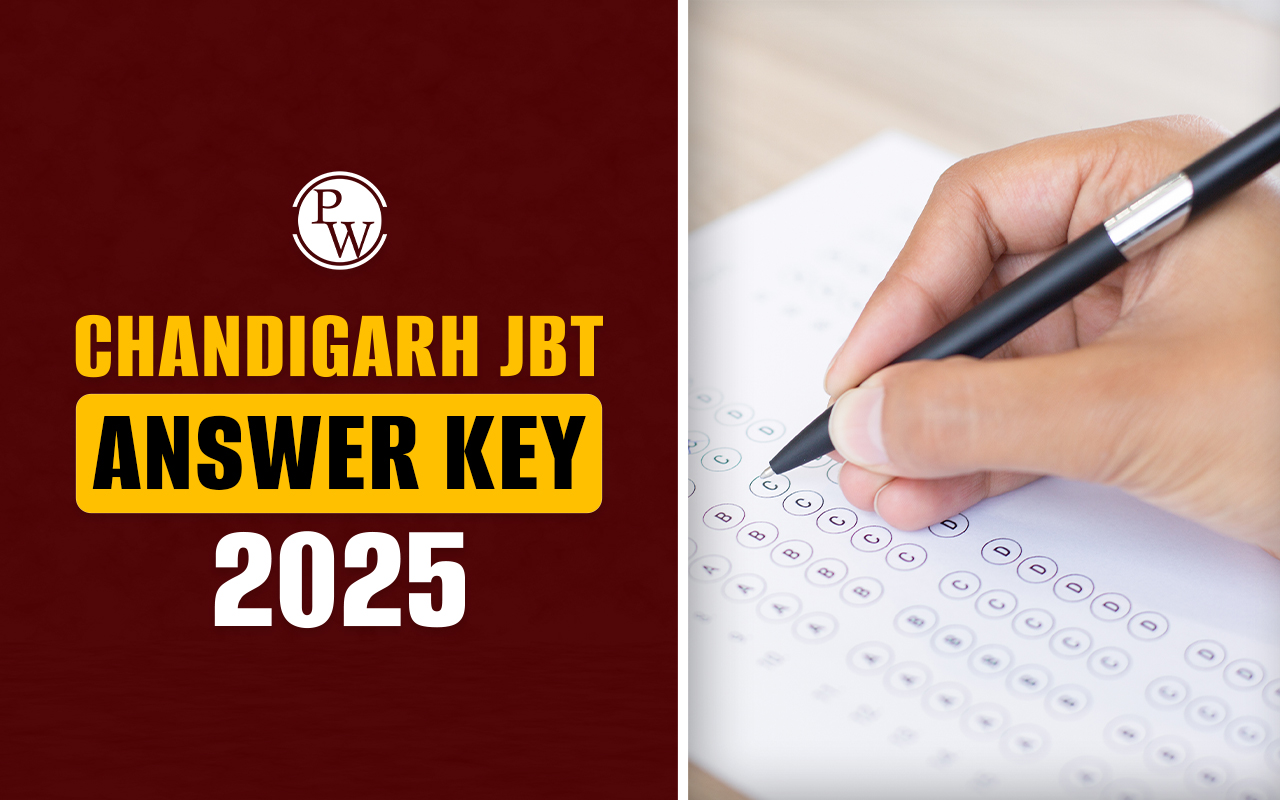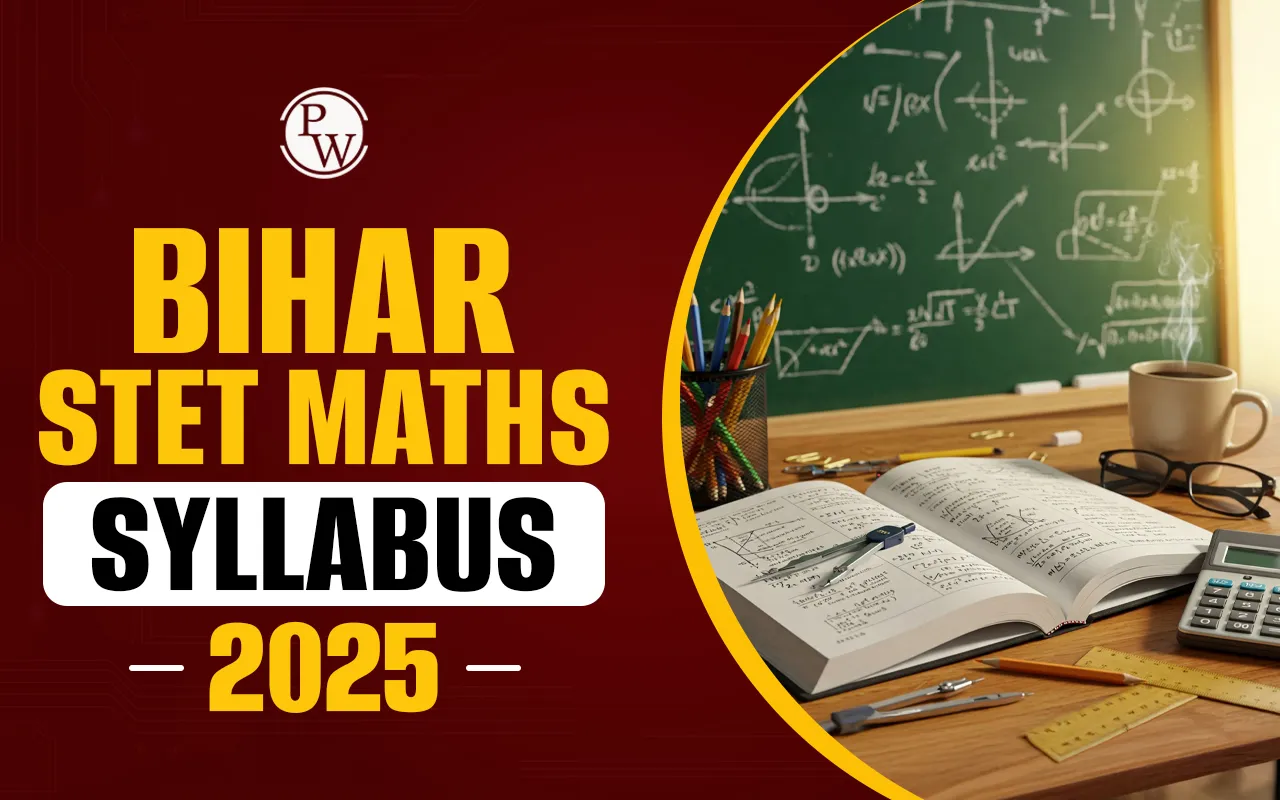

UP GIC Lecturer Syllabus 2025 is divided into two stages: Prelims and Mains. General Studies covers topics like Indian history, polity, economy, geography, current events, general science, environment, reasoning, and Uttar Pradesh–specific knowledge, while the optional subject is based on the candidate’s specialization, such as Hindi, English, Physics, Chemistry, Mathematics, etc.
UP GIC Lecturer Syllabus 2025 Overview
UP GIC Lecturer 2025 Recruitment has been announced on 11 August 2025 on the official website. Candidates can get a quick overview of the UP GIC Lecturer Syllabus 2025 from here-
| UP GIC Lecturer Syllabus 2025 Overview | |
| Recruitment Body | Uttar Pradesh Public Service Commission (UPPSC) |
| Post Name | Lecturer (Male/Female) Government Inter College, Special GIC, and Lecturer in UP Jail Training School |
| Total Vacancies | 1518 (Male GIC: 777, Female GIC: 694, Special GIC: 45, Jail Training School: 2) |
| Pay Scale | Level-8 ₹47,600 – ₹1,51,100 (Most posts)Level-7 ₹44,900 – ₹1,42,400 (Jail Training School) |
| Application Mode | Online (OTR-based) |
| Application Dates | Start: 12 August 2025Last Date (Fee & Submit): 12 September 2025Correction Window: 19 September 2025 |
| Application Fee | UR/OBC/EWS: ₹125SC/ST/Ex-Servicemen: ₹65PWD: ₹25Women/Skilled Player/DFF: As per category |
| Age Limit | 21–40 years as on 01 July 2025 (Relaxations: 5 years OBC/SC/ST, 15 years PH, as per rules) |
| Educational Qualification | Postgraduate degree in relevant subject + B.Ed. from NCTE-recognized institution (subject-wise variations in notification) |
| Selection Process | 1. Preliminary Exam (Objective – 300 marks)2. Main Exam (Written – 400 marks)3. Final Merit based on Mains marks |
| Exam Pattern – Prelims | 120 Questions (80 Subject + 40 General Studies) |
| Exam Pattern – Mains | Paper 1: General Hindi & Essay – 100 Marks (2 hrs)Paper 2: Subject paper – 300 Marks (3 hrs) |
| Official Website | uppsc.up.nic.in |
UP GIC Lecturer Syllabus 2025
Candidates can check the detailed syllabus of UP GIC Lecturer recruitment as the exams has two phases, prelims and mains. Prelims is a part of the General Studies Mains, which will have some optional subjects. Check the detailed syllabus tabulated below-
| UP GIC Lecturer Detailed Syllabus | |
| Subject | Key Topics |
| General Studies (Prelims) | Current National and International Events, Indian Polity, Economy, Geography, Science and Technology, History, Culture, Environment, Logical Reasoning, Numeracy, General Awareness (Education, Agriculture, Industry, Trade, Social Traditions of UP), Elementary Mathematics, Ecology, Environment |
| UP GIC Lecturer Mains Subjects Detailed Syllabus | |
| Hindi (Main - Paper 1) | अनेकार्थी शब्द, विलोम शब्द, पर्यायवाची शब्द, तत्सम एवं तद्भव, क्षेत्रीय, विदेशी (शब्द भण्डार), वर्तनी, अर्थबोध, शब्द-रूप, सन्धि, समास, क्रियायें, हिन्दी वर्णमाला, विराम चिन्ह, शब्द रचना, वाक्य रचना, अर्थ, मुहावरे एवं लोकोक्तियाँ, उत्तर प्रदेश की मुख्य बोलियाँ तथा हिन्दी भाषा के प्रयोग में होने वाली अशुद्धियाँ, अपठित गद्यांश का संक्षेपण, उससे सम्बन्धित प्रश्न, रेखांकित अंशों की व्याख्या एवं उसका उपयुक्त शीर्षक, साहित्य, संस्कृति, राष्ट्रीय विकास योजनायें/क्रियान्वयन, राष्ट्रीय-अन्तर्राष्ट्रीय, सामयिक सामाजिक समस्यायें/निदान, विज्ञान तथा पर्यावरण, प्राकृतिक आपदायें एवं उनके निवारण, कृषि, उद्योग एवं व्यापार, हिन्दी साहित्य का इतिहास, गद्य-साहित्य का उद्भव और विकास, पत्रकारिता, काव्यशास्त्र, भाषाविज्ञान, हिन्दी-व्याकरण, संस्कृत-साहित्य के प्रमुख रचनाकारों के नाम एवं उनकी प्रमुख कृतियाँ, संस्कृत-व्याकरण |
| Hindi (Optional Subject) | History of Hindi Literature, Prose Literature Development, Journalism, Poetics and Literary Theory, Hindi Grammar, Sanskrit Literature (Key Writers), Sanskrit Grammar |
| English (Optional Subject) | English Literature, Literary Criticism, Literary Movements, Sentence Correction, Synonyms/Antonyms/Homonyms, Comprehension, Transformation of Sentences, Idioms and Phrases, One-word Substitutions, Figures of Speech |
| Physics (Optional Subject) | Mechanics, Thermal Physics, Waves and Oscillations, Optics, Lasers, Electricity and Magnetism, Modern Physics |
| Chemistry (Optional Subject) | Physical Chemistry (States, Thermodynamics, Kinetics, Electrochemistry), Inorganic Chemistry (Atomic Structure, Elements, Coordination, Organometallics, Bioinorganic), Organic Chemistry (Isomerism, Hydrocarbons, Functional Groups, Biomolecules, Polymers) |
| Biology (Optional Subject) | Botany (Plant Diversity, Angiosperms, Physiology, Microbiology, Economic Botany, Pathology, Ecology), Zoology (Animal Diversity, Non-Chordates, Chordates, Anatomy, Physiology, Histology, Embryology, Cell Biology, Genetics, Biotechnology, Evolution) |
| Mathematics (Optional Subject) | Relations and Functions, Algebra, Calculus, Coordinate Geometry, Vectors, Matrices, Linear Algebra, Differential Equations, Statistics, Probability, Trigonometry |
| Sanskrit (Optional Subject) | Vedic Literature, Sanskrit Grammar, Classical Texts, Poetics, Literary Theory, Translation and Interpretation |
| Economics (Optional Subject) | Microeconomics, Macroeconomics, Money & Banking, Public Finance, International Trade, Indian Economy, Policies, Elementary Statistics |
| Civics / Political Science (Optional Subject) | Political Science Concepts, Indian Constitution, Political System, Governance, Democracy, Federalism, Public Administration, Political Parties, Election System, Contemporary Issues |
| Geography (Optional Subject) | Physical Geography (Atmosphere, Climate, Geology, Landforms), Human Geography (Population, Urbanization, Economic Activities), Environmental Geography, Geographic Tools (Maps, GIS, Remote Sensing), Indian Geography, Regional Development |
| Sociology (Optional Subject) | Sociological Concepts, Theories, Social Change, Stratification, Indian Society, Rural Systems, Social Problems, Research Methods |
| Education (Optional Subject) | Educational Philosophy, Psychology, Research, Measurement, Curriculum, Teaching Methodologies, Inclusive/Distance Education, Education Issues |
| Commerce (Optional Subject) | Accounting, Financial Management, Business Organization, Marketing, Entrepreneurship, Auditing, Insurance, Business Economics, Statistics |
| Home Science (Optional Subject) | Human Physiology, Nutrition, Family Relations, Textile, Clothing, Home Management, Extension Education, Health, Hygiene |
UP GIC Lecturer Syllabus PDF
The conducting authority releases the main notification, which contains the crucial details such as syllabus, eligibility, etc. Candidates can download the syllabus from the official website. A direct link to download the syllabus PDF is also provided here. Click on the button below to download.
UP GIC Lecturer Exam Pattern 2025
The UP GIC Lecturer Exam is conducted by UPPSC in two stages: Preliminary (Prelims) and Main (Mains) exams. The Prelims exam is objective type, while the Mains exam is descriptive.
| UP GIC Lecturer Exam Pattern | |||||
| Stage | Exam Type | Total Questions | Subjects Covered | Duration | Total Marks |
| Preliminary | Objective | 120 | 40 General Studies + 80 Optional Subject | 2 hours | 300 |
| Mains | Descriptive | 2 Papers | Paper 1: General Hindi & Essay, Paper 2: Optional Subject | Paper 1: 2 hrs, Paper 2: 3 hrs | Paper 1: 100, Paper 2: 300 |
UP GIC Lecturer Marking Scheme 2025
The UP GIC Lecturer exam marking scheme consists of two stages: Preliminary and Main exams. The Preliminary exam is objective-type with a total of 120 questions, including 40 questions from General Studies and 80 questions from the candidate's optional subject. This paper carries 300 marks, with each question valued at 2.5 marks.
| UP GIC Lecturer Marking Scheme | ||||
| Exam Stage | Question Type | Marks per Question | Total Marks | Negative Marking |
| Preliminary | Objective MCQs | 2.5 marks | 300 | Yes, 1/3rd mark deducted for each wrong answer |
| Mains Paper 1 | Descriptive | Assigned by sections (grammar, essay) | 100 | No |
| Mains Paper 2 | Descriptive | Varied (long, short, very short answers) | 300 | No |


